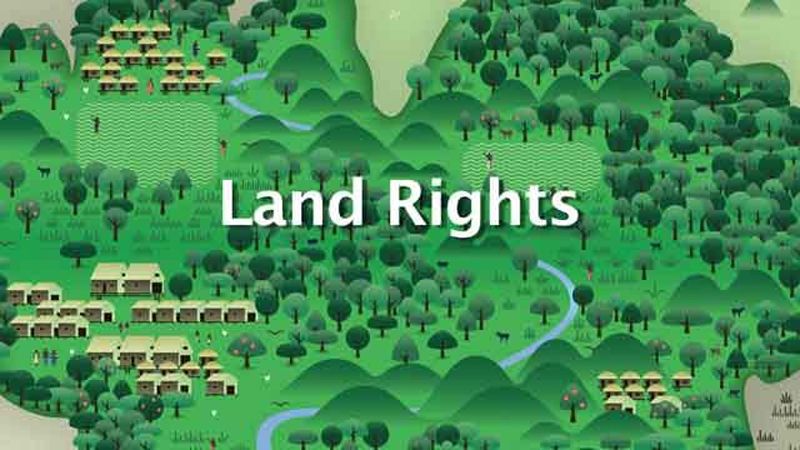The decision by the Administrative Council (AC) of Jammu and Kashmir to transfer the proprietary rights of evacuees’ land to Displaced Persons (DPs) of 1947, 1965, 1971, and West Pakistan is a landmark move that addresses a long-standing grievance of these communities. This decision, chaired by the Lieutenant Governor, is not just an administrative step; it is a significant stride towards justice and equity for thousands of displaced families who have lived in a state of uncertainty for decades. The historical context of this decision cannot be overlooked. The displaced persons from these periods, particularly those from West Pakistan, have lived in a perpetual state of limbo, without ownership rights over the land they have occupied for generations. Despite their substantial contributions to the region’s social and economic fabric, they have remained marginalised, with their claims for ownership rights continuously overlooked by successive Governments. This AC’s decision is a long-overdue correction of this historical injustice.
The directive for time-bound processing of applications with a clear mandate to complete the entire process within six months is a commendable step. It ensures that the bureaucratic red tape that has often plagued such processes is minimised. The stipulation of a 30-day window for processing individual applications is particularly noteworthy. The role of the Custodian General in ensuring that the land transfer is carried out without any unauthorised encroachments or misuse is crucial. The Government must remain vigilant to ensure that the process is transparent and that the rights of displaced persons are fully protected. This decision also holds broader implications for the region’s socio-political landscape. By addressing the demands of these displaced communities, the Government is sending a strong message about its commitment to inclusivity and justice. It is a step towards healing the wounds of the past and fostering a sense of belonging among those who have long felt alienated. The challenge now lies in its swift and fair implementation, ensuring that this landmark decision truly transforms the lives of those it aims to benefit.
Trending Now
E-Paper


